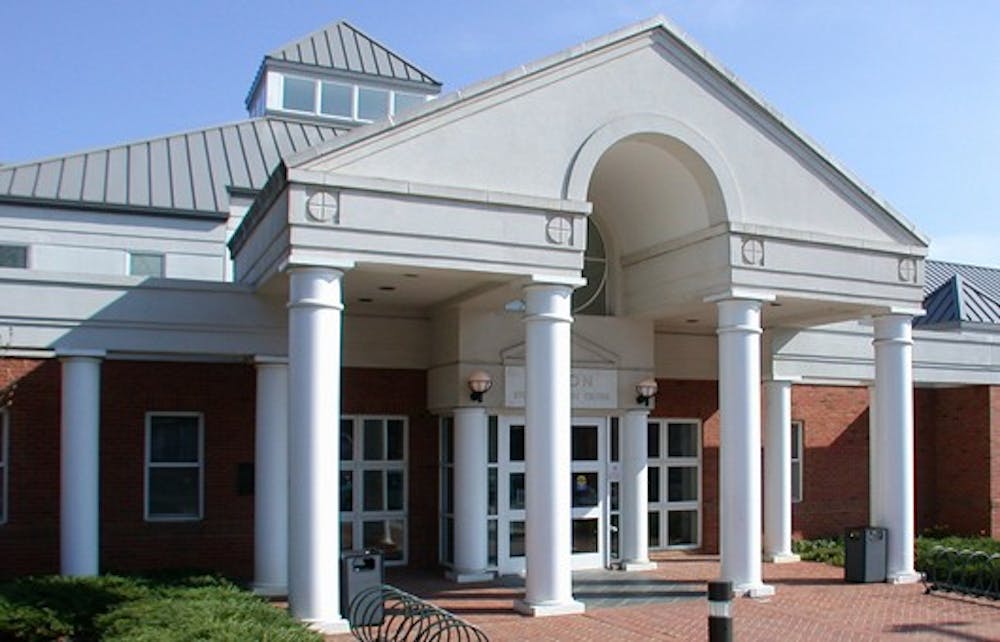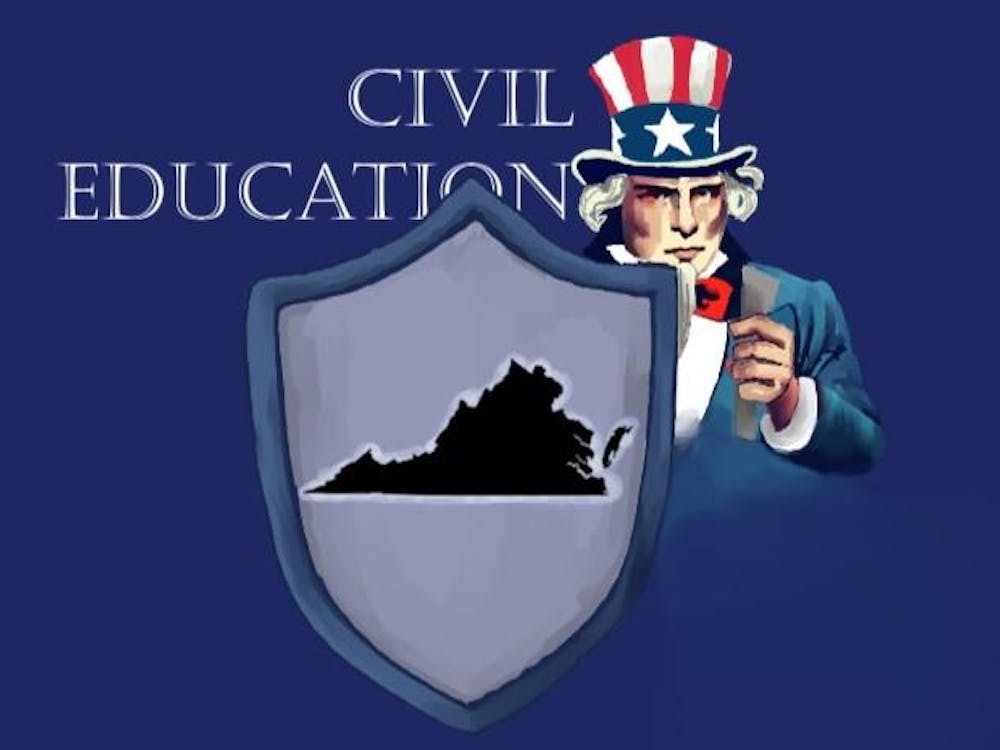The Commonwealth of Virginia recently passed a law mandating that mental health education must be taught in public school. With this move, the Commonwealth has become a leader in the nation for addressing mental health — only New York has a similar law on the books. While public health initiatives often can come across as run-of-the-mill, the Commonwealth’s push for mental health care is historic. Mental health care is rarely placed on par with other health care concerns. Often, the stigma around receiving psychological or psychiatric care remains unchecked, as the lack of information around mental health care causes ignorance on the issues to flourish.
At the University, issues of mental health care are front and center for many students. First years’ initial encounters with mental health care at the University often stems from a referral by their Resident Advisor to CAPS and/or the Women’s Center. Outside of those options, Peer Health Educators, the Stall Seat Journal, HELP line and "If You’re Reading This" also offer visibility and resources for mental health care needs. Recent entries to ‘If You’re Reading This” came from both President Ryan and Dean Groves, signalling that the momentum within the administration to address these issues is increasing.
While the recent law addresses the expansion of Virginia high schools' health education to include mental health care, University students should consider an initiative for our student body to receive a crash course in mental health as well as first aid training for mental health issues prior to entering the University. With the University already requiring drug and alcohol safety training along with healthy relationship training, mental health education ranks in equal or not greater urgency for the student population.
The push for more inclusive care and education serves a pragmatic end. The majority of mental illnesses manifest between people’s late teens and early twenties — making it likely that some students will face mental health crises during their collegiate years. Because of this, Grounds is the starting point for most students’ first mental health emergency. Without the baseline knowledge of mental illness symptoms, many first time sufferers misdiagnose psychological distress as something entirely different. For example, many people who suffer from a panic attack mistakenly believe that they are experiencing a heart attack. Even worse, individuals who experience the onset of an anxiety disorder or major depression often fail to seek treatment because they believe nothing can help, which delays their ability to receive potentially life-saving treatment.
Virginia State Senator Creigh Deeds (D), who sponsored the previously mentioned law, places the issue of mental health education in stark terms. "The way I see it, this is preventative medicine," said Deeds. "More important than anything else is that people start talking about mental health and they start talking about suicide prevention." Senator Deeds’ comments are widely applicable for the average college student. Not only do students who suffer from mental health issues deserve ample support, but also those who want to provide help to struggling friend or partner should also have access to resources. While many of us know how to administer CPR or the Heimlich maneuver, many people blank on how to help someone in the midst of psychological crisis. Having resources readily on hand for friends and partners of people in crisis empowers everyone involved to take a more proactive step to combatting a variety of psychological symptoms.
While a small module on mental health may not mean much for the average student, it could be life-changing for the person who needs to see those resources to know to seek treatment or who may receive first aid from a peer. Ultimately, some mental health crises will always involve seeking professional resources. However, for peers deeply struggling with depression, panic attacks or PTSD, more minor episodes can greatly be alleviated by allies who have the resources to help them in that moment.
With mental health problems, delaying intervention and care can be fatal. It’s heartbreaking to receive emails about a student’s death and wonder what could have been done to save their life. As a Community of Trust, we prize our student body for its compassion and inclusivity. It’s only right that we take the steps to serve those with invisible disabilities with the dignity and care they deserve.
Katherine Smith is a Senior Opinion Columnist at The Cavalier Daily. She can be reached at k.smith@cavalierdaily.com.







